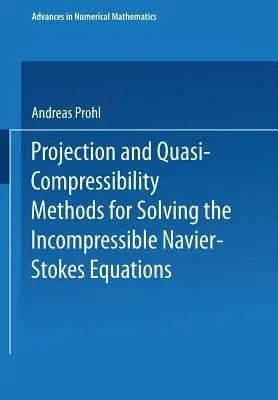Projection and Quasi-Compressibility Methods for Solving the Incompressible Navier-Stokes Equations (1997)Paperback - 1997, 1 January 1997

Qty
1
Turbo
Ships in 2 - 3 days
In Stock
Free Delivery
Cash on Delivery
15 Days
Free Returns
Secure Checkout
Part of Series
Advances in Numerical Mathematics
Print Length
294 pages
Language
English
Publisher
Vieweg+teubner Verlag
Date Published
1 Jan 1997
ISBN-10
3519027232
ISBN-13
9783519027232
Description
Product Details
Book Edition:
1997
Book Format:
Paperback
Country of Origin:
US
Date Published:
1 January 1997
Dimensions:
24.41 x
16.99 x
1.65 cm
ISBN-10:
3519027232
ISBN-13:
9783519027232
Language:
English
Location:
Wiesbaden
Pages:
294
Publisher:
Weight:
498.95 gm

